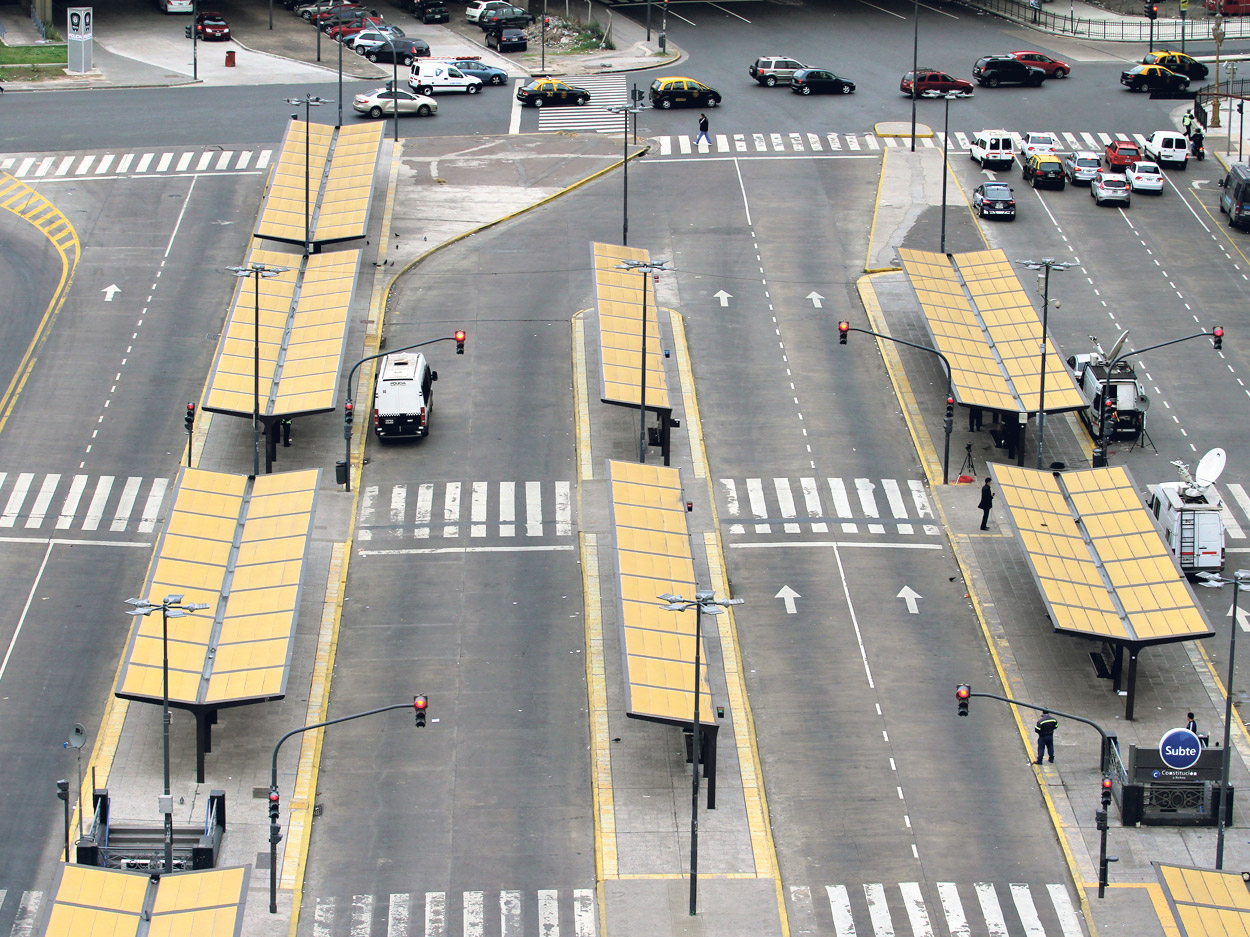The WFTU expresses its strong condemnation for the serial “accidents” at the workplaces, particularly to many countries in Asia – Pacific region. On an almost daily basis we learn about a new work accident that took the lives of more workers who die while struggling to make a living in miserable working conditions. In the vast majority, the industrial accidents are caused by the criminal negligence and the lack of health and safety protective measures at the workplaces.
There is no doubt that the employers and the owners of the industries and plants know very well the lack of safety measures. They also know the dangers that exist in their enterprises because of the lack of the safety protective measures. According to this fact we can easily conclude that the “accidents” are nothing else than conscious murders.
The protection of the life of the working class is a main task of the trade union movement. Orientated by the resolution “platform 2016 – 2020” of the 17th World Trade Union Congress we demand the implementation immediate and adequate measures that would actually protect the workers lives. In this direction the WFTU and its affiliated members in Philippines and in Indonesia had already plan 2 joint events that will include discussion on that topic. The WFTU calls the class oriented trade unions to take initiatives for continuing and strengthening of our action and struggles:
– for health and safety measures in the workplace that will protect the short and long term health of the workers.
– we fight so that no workers life is sacrificed for profit, and for full reparation of workers or their families in the case of work related incident or illness.
– Adequate and sufficient leaves towards health issues. Under the responsibility of the special committee of Health and Safety:
– We should prepare special materials in various languages that will inform workers on health and safety.
– Organize seminars in cooperation with other WFTU affiliates for informing and educating the workers and union leaders.
– Organize International Conference on the role of the trade unions on issues of “Health and Safety”
– Strengthen international outcry against employers’ unaccountability and strengthen international solidarity for achieving goals in this sector.
The Secretariat











